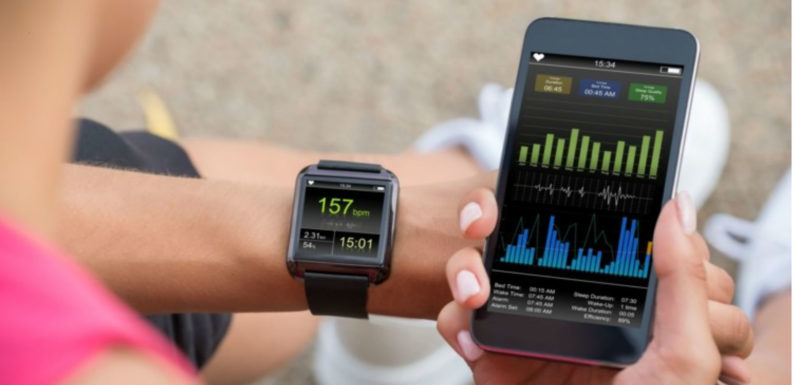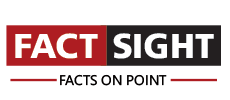
Wearable sensors refer to the sensors which are used in smart wearable devices. For better understanding of various components of this industry, the market is classified as motion sensors, pressure sensors, temperature sensors, position sensors, inertial sensors, medical based sensors and others. Others refer to level sensors, humidity sensors and gas sensors.
Global wearable sensors market is increasing at a steady rate due to advancements in sensor technologies, wireless communication, power supply technologies and others. With increase in innovation techniques, global wearable sensors market is expected to grow at a significant rate in the coming years. With increasing personal care and health consciousness for tracking biometrics such as calories burnt, heart rate and others, the demand for wearable fitness trackers and other wearables is increasing. Rapid expansion of internet of things (IoT) is driving demand of wearable sensors devices in various application areas such as healthcare and fitness, consumer electronics and others.
Wearable sensors market is expected to witness rapid development and mainstream acceptance in smart textiles. Smart textiles have sensors embedded in fabric, and sports industry is the earliest adopter of e-textiles. With increasing population and awareness towards health, people have started adopting wearable sensors for physiological monitoring, remote patient monitoring and personal healthcare facilities. With the miniaturization of sensors and continuous on-chip integration of sensors such as image sensor, motion sensor, proximity sensor and others are driving the growth of wearable sensors market. Whereas, the high prices of body and eye wears are limiting the growth of sensors in wearable. Motion sensors represent the dominant technology in the wearable.
Geographically, North America was the largest wearable sensors market in 2014 in terms of value followed by Europe. But by the end of 2019, Asia-Pacific region is expected to lead the wearable sensors market. This is due to growing healthcare industry coupled with consumer awareness towards technology and computing in day to day life. In Asia-Pacific, emerging countries, such as Japan, South Korea and China, are superior in the development and adoption of advanced technology.
The major companies in the wearable sensors market include NXP Semiconductors, InvenSense, Inc., Robert Bosch GmbH, Panasonic Corporation, Texas Instruments Incorporated, STMicroelectronics, Measurement Specialties, Inc., KIONIX, INC. (ROHM Co., Ltd.), ZOLL Medical Corporation (Asahi Kasei Corporation), Analog Devices, Inc., Infineon Technologies AG and Freescale Semiconductor, Inc.

